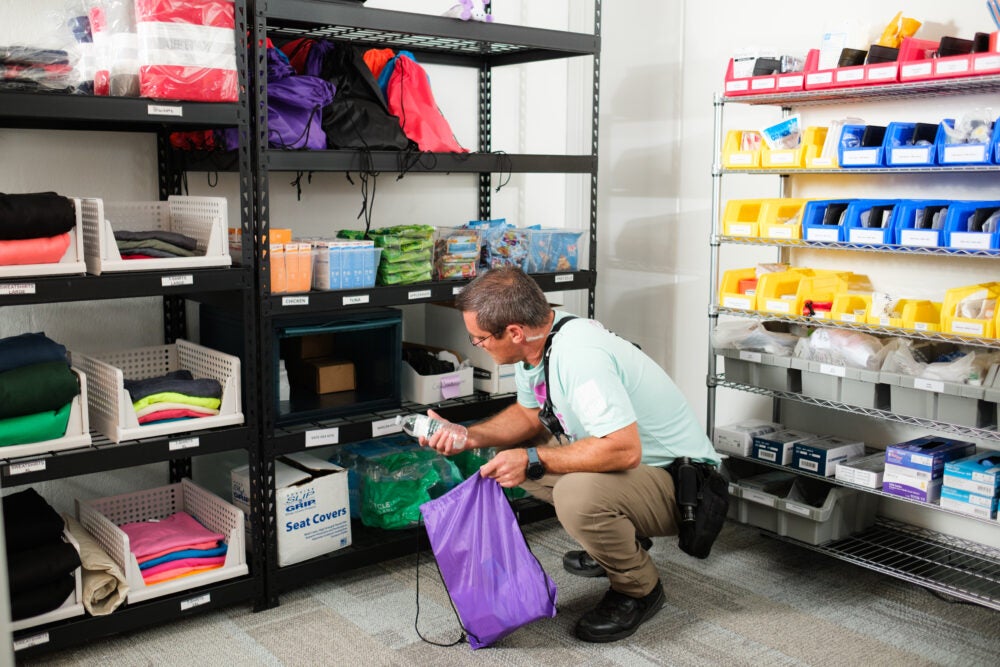
Strengthening Alternative 911 Emergency Response
The Challenge
Connecticut’s Department of Children and Families (DCF) wanted to improve how they matched families with services. However, social workers often lacked important information on the history and risk factors of the family, what services were available, and the providers who administer those services. Data collected at the social worker, regional, and central agency levels were not connected, so it was challenging for case workers to know whether the family had been treated before and whether or not the treatment had been effective.
The Innovation
The project focused on redesigning the referral process to focus on more effectively assessing families’ needs and matching them to services, using data to inform real-time decision making including improvements to case practice and gaps in the service array, and collaborating with providers to improve performance.
Strengthening Alternative 911 Emergency Response
Strengthening Alternative 911 Emergency Response
Strengthening Alternative 911 Emergency Response
Strengthening Alternative 911 Emergency Response
Strengthening Alternative 911 Emergency Response
Strengthening Alternative 911 Emergency Response


